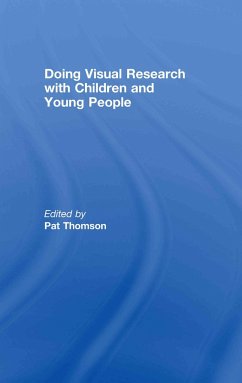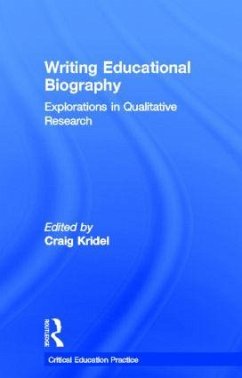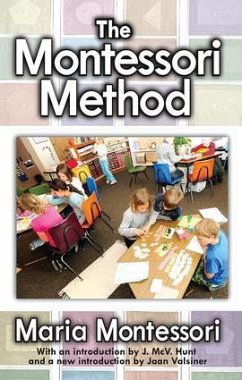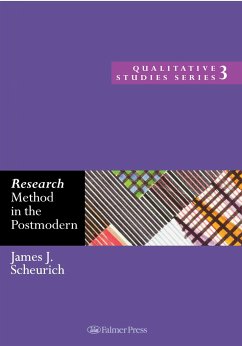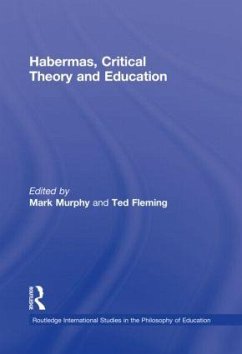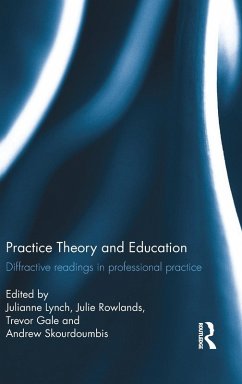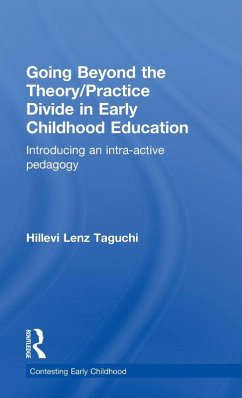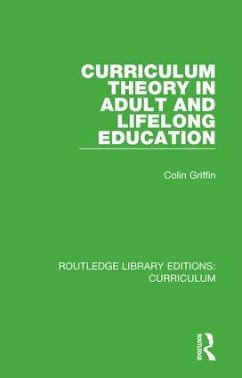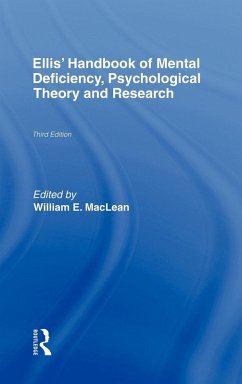
Theory as Method in Research
On Bourdieu, social theory and education
Herausgeber: Murphy, Mark; Costa, Cristina

PAYBACK Punkte
84 °P sammeln!
While education researchers have drawn on the work of a wide diversity of theorists over the years, much contemporary theory building in these areas has revolved around the work of Pierre Bourdieu. Theory as Method aims to develop the capacity of students, researchers and teachers to successfully put Bourdieu's ideas to work in their own research and prepare them effectively for conducting Masters and Doctoral scholarships. Contextualising the various concepts within the broader oeuvre of Bourdieu's theoretical approach, Theory as Method will be a useful guide for practitioners, student teache...
While education researchers have drawn on the work of a wide diversity of theorists over the years, much contemporary theory building in these areas has revolved around the work of Pierre Bourdieu. Theory as Method aims to develop the capacity of students, researchers and teachers to successfully put Bourdieu's ideas to work in their own research and prepare them effectively for conducting Masters and Doctoral scholarships. Contextualising the various concepts within the broader oeuvre of Bourdieu's theoretical approach, Theory as Method will be a useful guide for practitioners, student teachers, researchers, policy makers and academics.





